 Amy Valentine is the director of the Foundation for Blended and Online Learning (now Future of School), and she previously served as executive director of three virtual schools in Colorado. In early 2016, Valentine’s son was diagnosed with dysgraphia, a learning disability similar to dyslexia.
Amy Valentine is the director of the Foundation for Blended and Online Learning (now Future of School), and she previously served as executive director of three virtual schools in Colorado. In early 2016, Valentine’s son was diagnosed with dysgraphia, a learning disability similar to dyslexia.
This is a difficult situation for a school, especially pre-diagnosis. As Valentine explains, “Post-diagnosis, though, there is support available for students who struggle to overcome a learning disability, from individual education plans to resource teachers and and technology assists. For my son, however, these tools did not materialize.” Read more ›
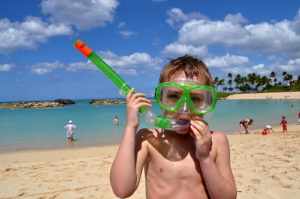 Written by Dr. Glen Elliott, former CHC Chief Psychiatrist and Medical Director
Written by Dr. Glen Elliott, former CHC Chief Psychiatrist and Medical Director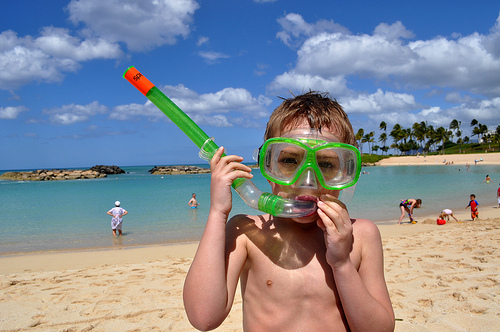
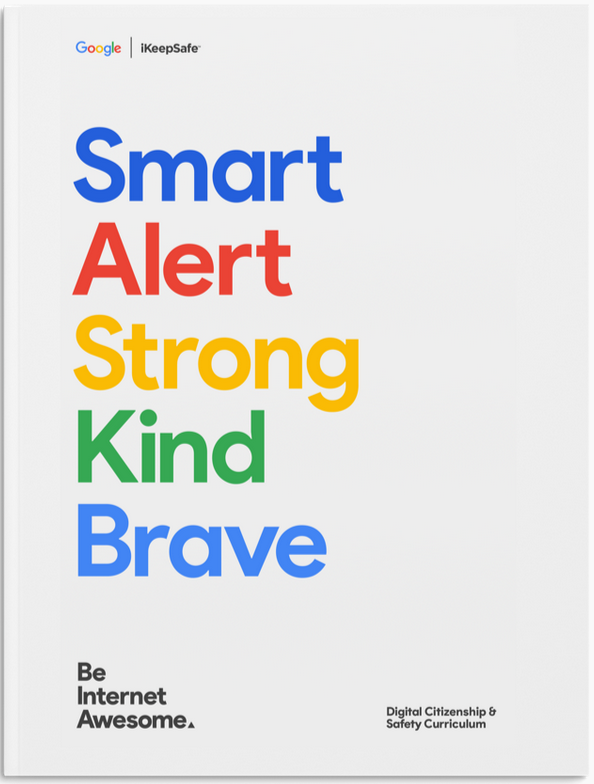
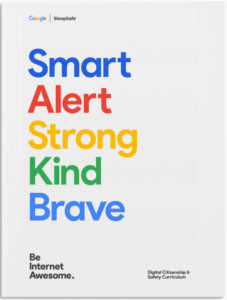 Google
Google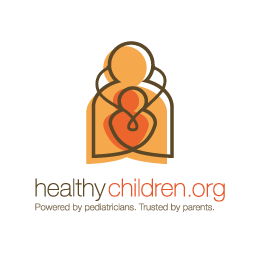
 The
The  Amy Valentine is the director of the Foundation for Blended and Online Learning (now Future of School), and she previously served as executive director of three virtual schools in Colorado. In early 2016, Valentine’s son was diagnosed with dysgraphia, a learning disability similar to dyslexia.
Amy Valentine is the director of the Foundation for Blended and Online Learning (now Future of School), and she previously served as executive director of three virtual schools in Colorado. In early 2016, Valentine’s son was diagnosed with dysgraphia, a learning disability similar to dyslexia.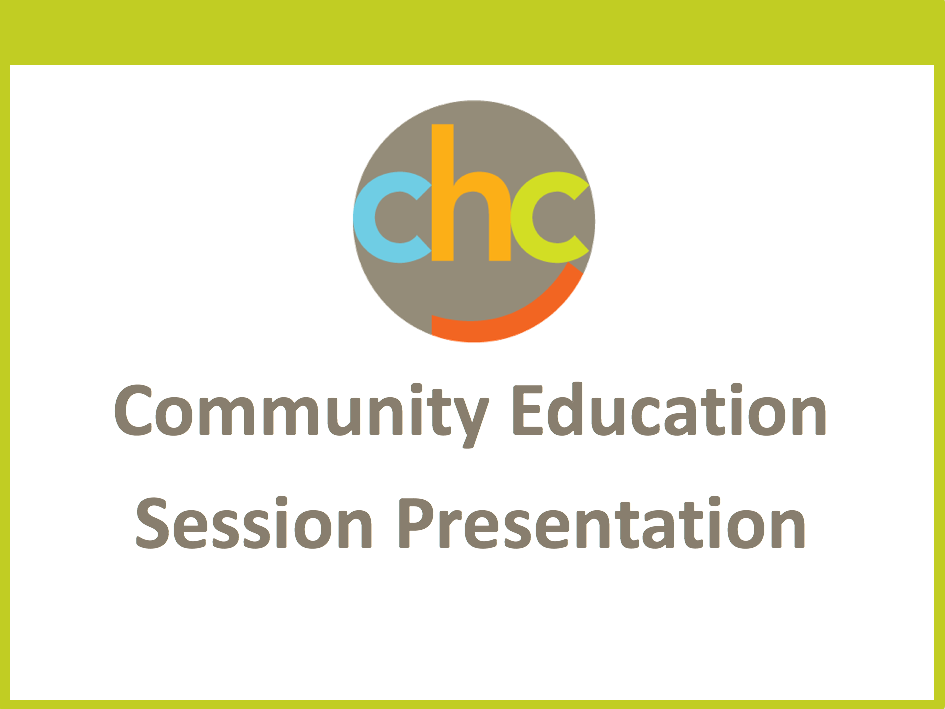
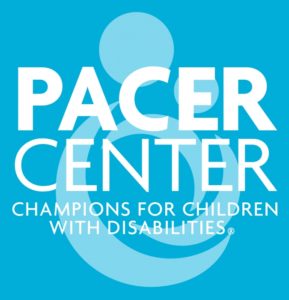 PACER Center
PACER Center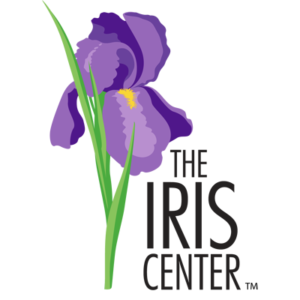
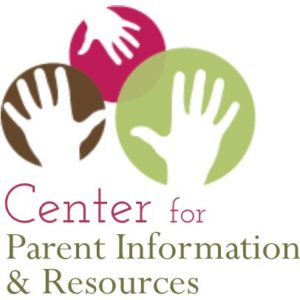 The
The 

